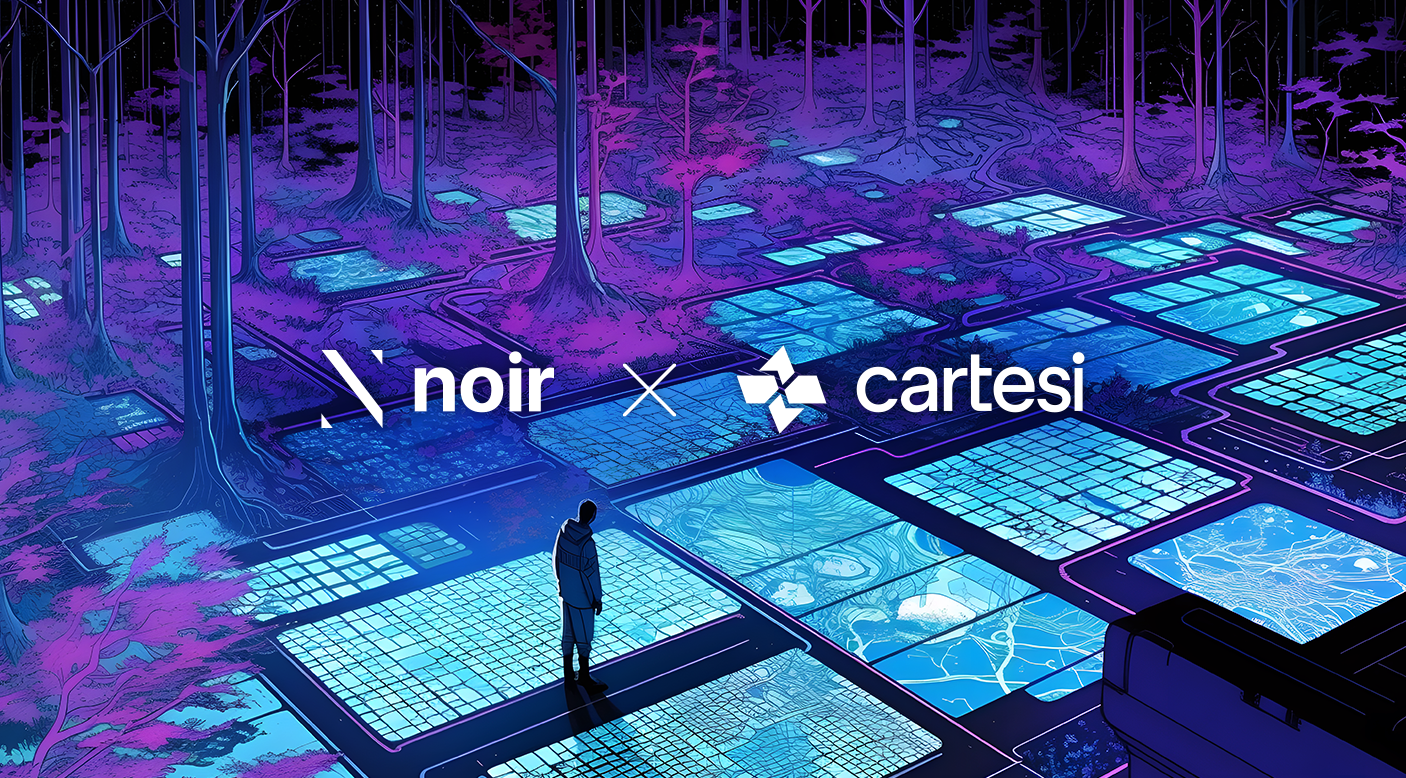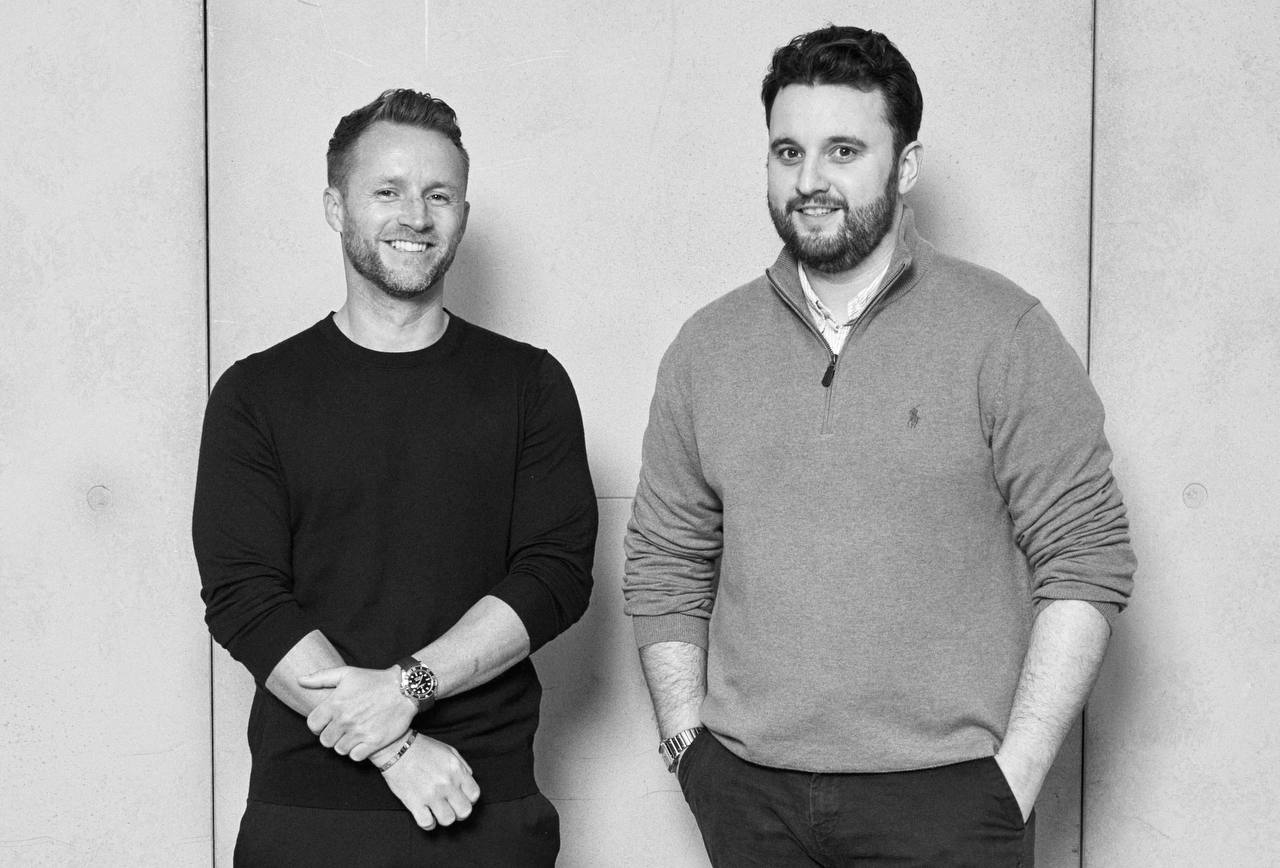With the world increasingly growing into an interconnected web of the decentralized and digital, working and staffing have been significantly changed. Throughout the pandemic, many were finally blessed to be able to work from home.
Those looking for work may have found digital interviews awkward—latency and lag are likely to cause stuttering and interruptions, two things you don’t want in a world where first impressions are everything.
The metaverse could be set to change this. Conducting interviews in virtual worlds would allow deeper connections between employers and candidates and a better, embodied understanding of what that work is like. Maybe virtual water-cooler chats will be the norm, letting workers blow off steam after a hard, digital day’s work—sorry, introverts, working from home might not be so peaceful in the future.
From Metaverse Meetings to Virtual Conferences
Virtual careers and work fairs will enable employers to have a broader outreach, increasing their brand visibility and the potential for them to hire key talent. Equally, it will enable remote workers to meet potential employers at virtual fairs in a more immersive, spatial way, allowing for the deeper in-person connection that phone interviews can’t facilitate.
The advent of digital twins will also have reverberating consequences for recruitment and employment. The pandemic showed us the need for virtual-reality conferences, experiences, and fairs, and as we move further into the digital age this will be a continued need—especially for people with mental health issues or physical disabilities that might not be able to attend such events in-person.
Businesses could potentially create digital twins of their own offices and simulate their workflows to allow applicants to experience the business ethos and environment, and learn whether or not they’d like the job merely by putting on a VR headset and hopping into the metaverse.
Equally, further into the future, there’s the potential for AI-powered digital twins to conduct interviews on behalf of employers, freeing up precious work hours. Personally, it would be a bad impression to be interviewed by a robot—but with sufficient technology we might not be able to tell the difference. But maybe, these AI-powered digital twins could be used for less personal work, such as training and onboarding new employees or answering basic questions.
Tata Consultancy Services—Ready for the Metaverse
All of the above might sound like science-fiction, but one company, Tata Consultancy Services (TCS) , is taking it very seriously. With over 600,000 employees and operating in 150 different locations, TCS is a colossal IT company—one of the highest ranking in the world. And TCS are ready for the metaverse.
Lead of the long-named Staffing and Recruitment Center of Excellence at TCS, Naveen Kumar Pathak, says “Currently, we are staffing for the metaverse”. Eventually, as tech companies have lead the way and the technology has evolved significantly, TCS will be “be staffing with the metaverse”, before finally staffing in the metaverse.
TCS already has a ‘metaverse’ platform for their company staffing, Avapresence. This platform makes use of blockchain, Cloud AI, AR and VR to solve serious customer problems and supports myriad devices that will give rise to the metaverse. They even have a “virtual collaboration suite” where employers and employees can meet and greet in a virtual world, using haptic gloves to shake hands across the globe.
While training and onboarding are already seeing drastic changes from these technologies, the workplace still has a long way to go—new businesses will arrive with the onset of the metaverse, and traditional workplaces will have to do a lot of work to keep up.










